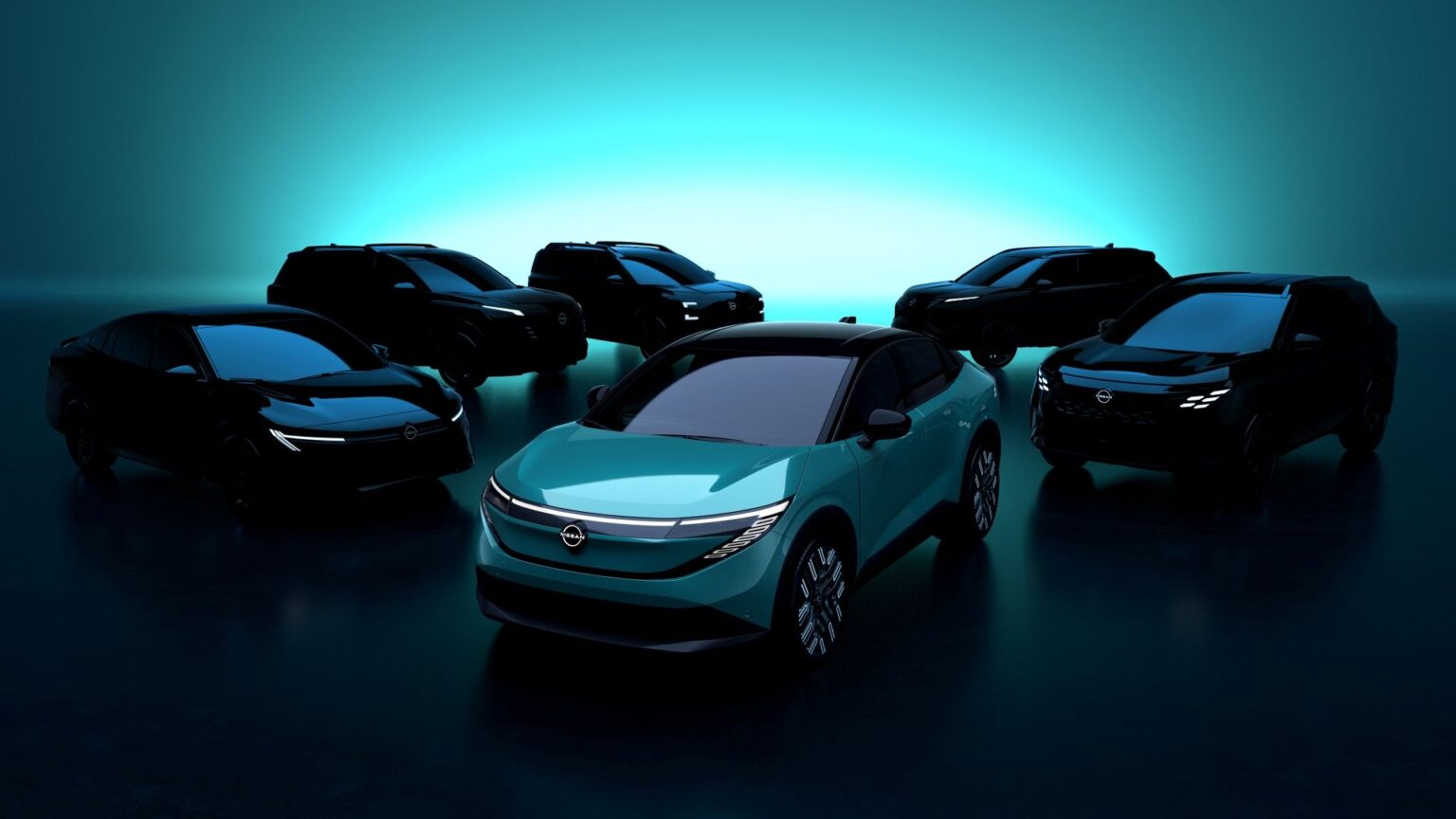There are myriad benefits to solid-state batteries. These systems promise greater energy density for more electric vehicle range, they’re also supposed to last longer, charge faster, and be far safer than today’s lithium-ion battery designs. The upsides to solid-state technology are numerous and significant, which is why so many automakers and supplier companies are researching these batteries, including Nissan, which has plans to commercialize them quicker than many might imagine.
Nissan Might Be The First
According to a report from Inside EVs, the Japanese automaker is working to introduce an all-solid-state battery (ASSB) design by the end of its 2028 fiscal year. “That’s our ambition,” confirmed Shunichi Inamijima, Nissan’s vice president of the powertrain and EV engineering division while speaking through a translator at a special media event in Japan.
Advantages Of Solid-State Batteries
- Greater energy density
- Enhanced safety
- Faster charging
- Lighter weight
- Longer range
Now, there is a bit of weirdness to that timetable, as Nissan’s fiscal years don’t line up with calendar years, but still, this means the automaker should be installing solid-state battery packs in electric vehicles at some point before March 31, 2029, the end of the ’28 fiscal year. Even though this schedule has been pushed back, Inamijima told Inside EVs that engineering of these batteries has reached its crescendo, and hopefully they can meet that timetable.
ASSB Could Be A Game-Changing Technology
Making the EV ownership experience a breeze, Nissan’s upcoming ASSB will reportedly be able to hit a 65 percent state of charge in just 5 minutes, an incredible performance. Enabling this, these batteries will incorporate a sulfur-based electrolyte paired with lithium-metal anodes. Eventually, Nissan may incorporate cathodes made of nickel-manganese-cobalt, nickel-manganese or someday even sulfur-manganese. Some of those alternative chemistries would allow Nissan to avoid using cobalt in its future ASSB designs, a material that can be challenging to source and quite expensive.
As it works to commercialize solid-state battery designs, Nissan is aiming for an energy density of around 1,000 Watt-hours per liter, which is better than many of today’s designs, which may only achieve 700 Wh per liter of battery volume. This is great news for EV drivers because batteries that store more energy in a smaller, lighter package mean electric vehicles can weigh less, travel farther on a charge, and offer better performance.
It’s unclear what Nissan model or models the company’s new ASSB would launch in, but the automaker could be the first to commercialize this technology. About a decade and a half ago, the Leaf all-electric hatchback was a pioneering EV, and Nissan could once again jump to the head of the class if it’s the first to introduce a commercially viable solid-state battery, though competition is fierce. Honda, the Hyundai Motor Group, Mercedes-Benz, Toyota, and numerous other supplier companies are also hard at work developing this technology. Who will hit the market first remains to be seen, but Nissan sounds poised to succeed.
Read the full article here


